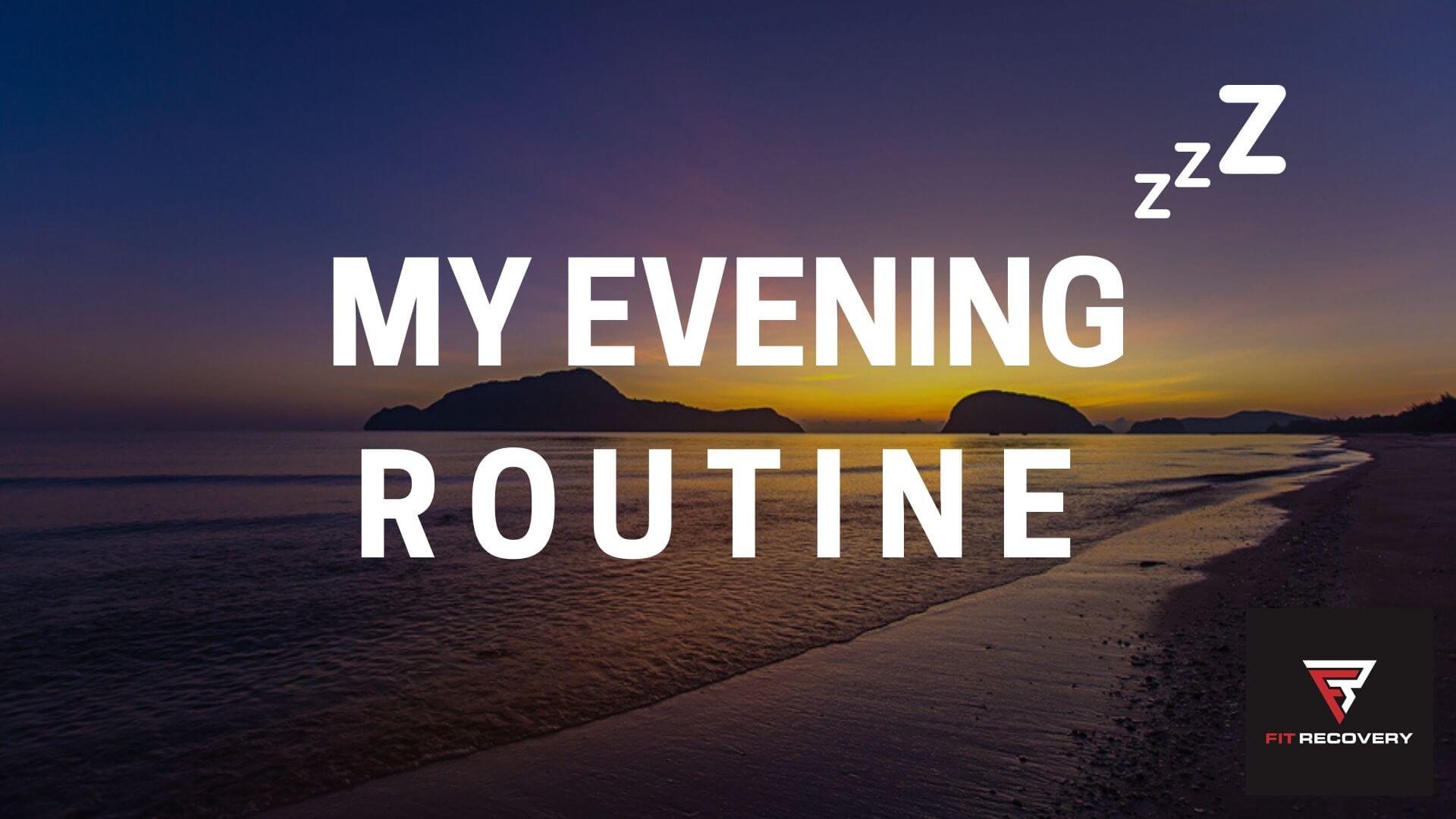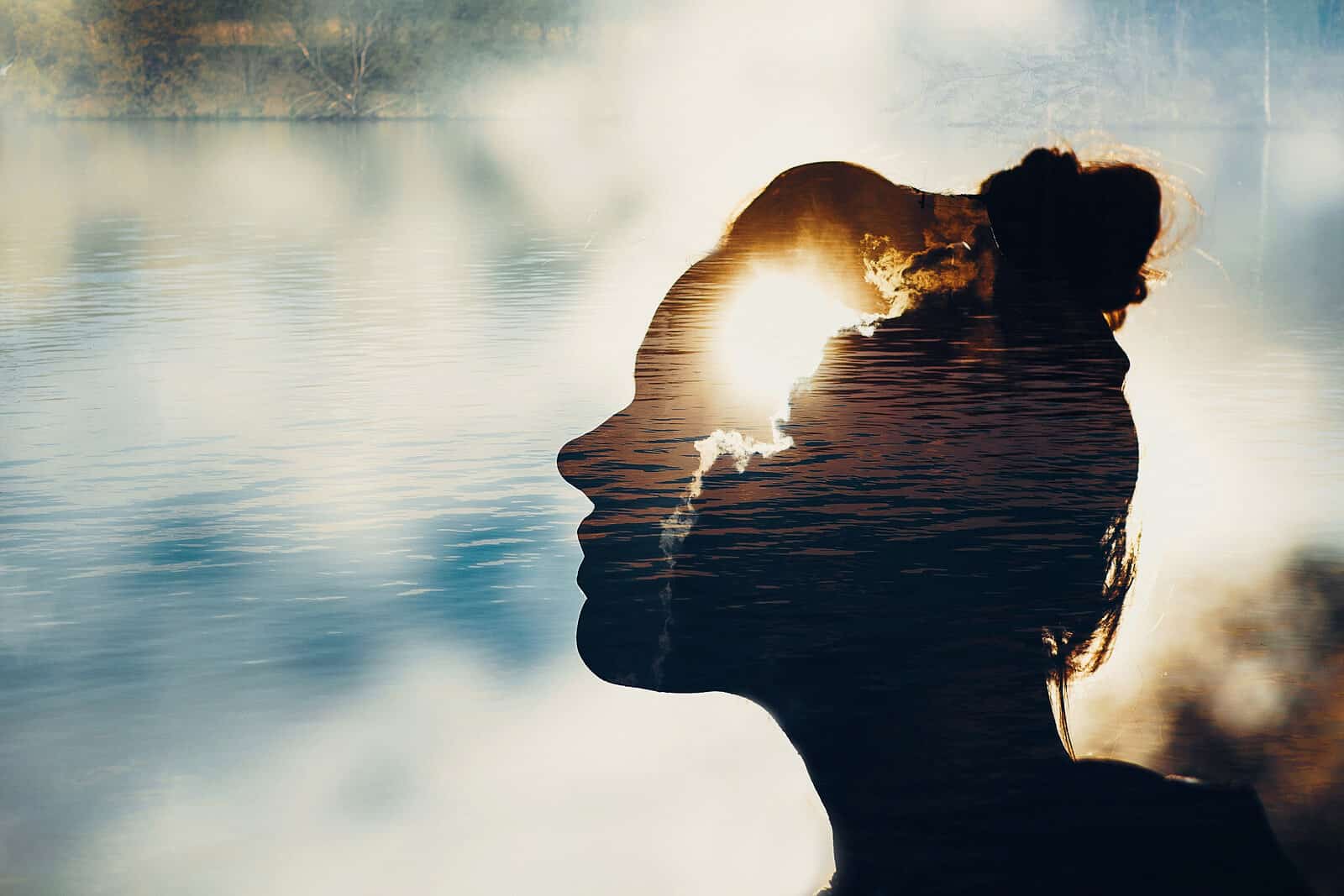
In this video, I’ll discuss the evening routine that I began after I quit drinking.
For years, I would get home from work, open a bottle of alcohol, and sit in front of the TV. I would do this even if I had just spent an entire evening out eating and drinking with my friends.
I knew that when I finally quit, I could not simply come home and sit in front of my TV, empty handed!
I had to come up with healthier activities that would eventually become part of my evening autopilot system.
As with all lifestyle improvements, the benefits of a solid nighttime routine compound with time:
- Once your routine becomes automatic, you’ll avoid distractions that keep you up late
- Sense of order comes from wrapping up the day in a familiar way
- Relaxing ritual makes it easier to get to sleep
- You’ll avoid the mania that comes from focusing on the wrong things before bed
- Better sleep will translate into an easier time getting up in the morning
You can watch the video here:
(Click here to watch the video on YouTube)
My Evening Routine
In the video above, I explain why I use this routine – but I’ll give you the basic rundown here:
- Work out and use hydrotherapy (jacuzzi, steamroom, sauna, or hot & cold shower)
- Eat dinner and finish anything that has to be done (e.g., laundry, mail)
- Turn off bright lights and TV, turn on himalayan salt lamp or other relaxing lighting
- Brush my teeth, take my supplements, etc.
- Brew a pitcher of strong chamomile or herbal tea
- If I’m stressed, meditate or listen to relaxing music
- Lay down on my bed with a good book
- Drift off to sleep feeling at peace
This routine is a blueprint, not a rigid schedule. Create a blueprint that works for you.
If I meet friends or family for dinner, or if I’m traveling, I make adjustments to this plan.
I almost never watch TV, unless I’m with other people. I had to consciously choose to stop being a boob who sits in front of the boob tube every night.
Reading until I fall asleep is one of the best habits I’ve ever developed. It is now a compulsion, even when I’m traveling. This website is a testament to some of the knowledge that I’ve accumulated from this one habit alone.
I don’t make chamomile tea every night anymore; I’m naturally relaxed after a long productive day. But for my first 6 months alcohol-free, I was so attached to chamomile tea that I even brought it with me on trips.
A lot of ex-drinkers have an oral fixation. I could not envision my evening without sipping something. My solution was to make sure that this something was both healthy and relaxing. As it turns out, chamomile tea has a number of compounds that reduce inflammation, help to fight aging, and act as natural antidepressants.
Some people need a bit more help to end the insomnia that often comes after quitting drinking. My current favorite solution for insomnia issues is an awesome supplement called Sleep Support.
Concluding Thoughts
I’ve known people who pride themselves on how little sleep they get. They seem to think that the ability to operate at a sleep deficit is evidence of willpower.
Studies have actually found that sleep deprivation contributes directly to decreased pain tolerance and, in turn, decreased willpower. (source)
My overall levels of willpower, discipline, and optimism about the future compounded over time because I made sleep a priority and repaired my brain and body with the help of intelligent supplementation.
My evening routine simply augmented my commitment to supplementation, exercise, and self-improvement.
If you’re struggling like I was after I quit drinking, you can fix your deficiencies and rebalance your brain chemistry with supplements like Calm Support (which also makes Sleep Support).
I hope you enjoyed this video! Feel free to subscribe on YouTube to stay posted for more.
Author
-
Chris Scott founded Fit Recovery in 2014 to help people from around the world dominate alcohol dependence and rebuild their lives from scratch. A former investment banker, he recovered from alcohol dependence using cutting-edge methods that integrate nutrition, physiology, and behavioral change. Today, Chris is an Alcohol Recovery Coach and the creator of an online course called Total Alcohol Recovery 2.0.
View all posts







